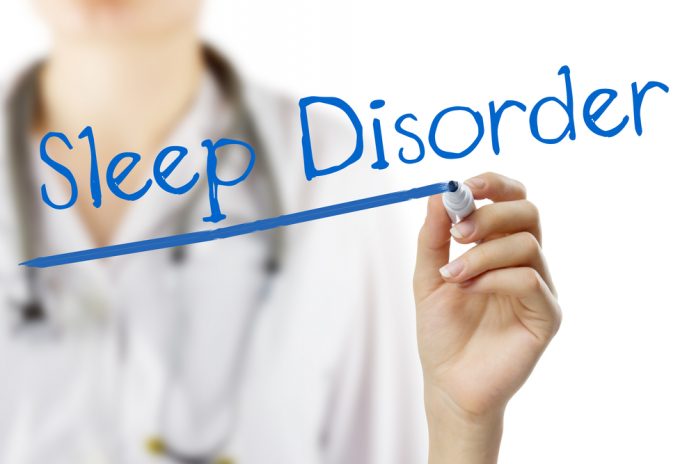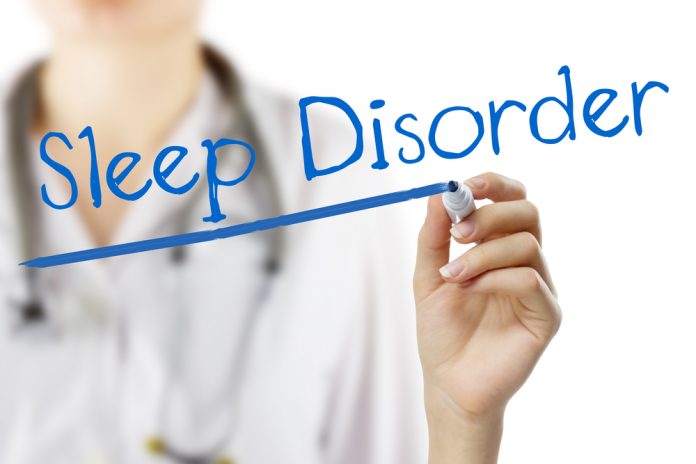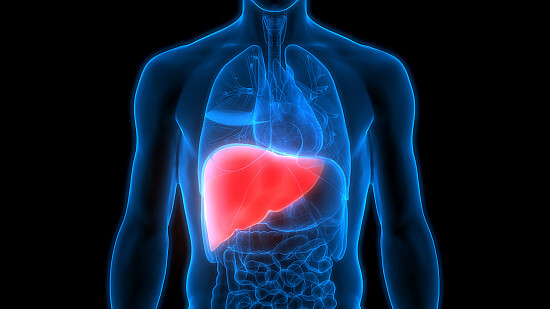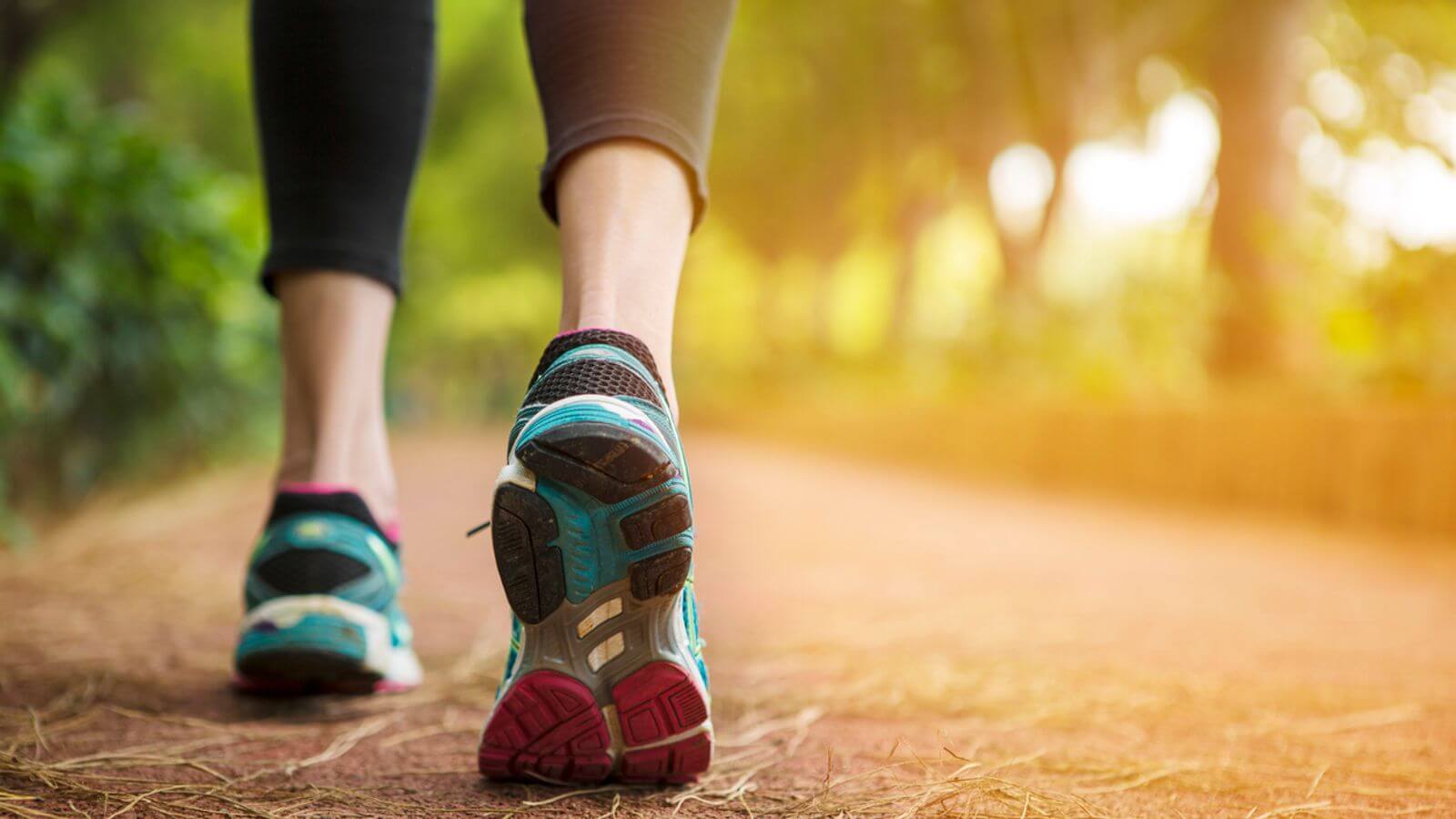Sleep disorders may increse stroke risk: study
Sat 06 Aug 2016, 12:51:22
Sleep disorders such as insomnia and sleep apnea may increase the risk of stroke and hinder recovery from the condition, new research has warned.
Based on literature review, the researchers recommend that people who have had a stroke or a mini-stroke, called a transient ischemic attack, be screened for sleep disorders. "Although sleep disorders are common after a stroke, very few stroke patients are tested for them," said Dirk M Hermann, from the University Hospital Essen in Germany.
"The results of our review show that should change, as people with sleep disorders may be more likely to have another stroke or other negative outcomes than people without sleep problems, such as having to go to a nursing home after leaving the hospital," said Hermann. The researchers also recommend that sleep apnea be treated with a continuous
positive airway pressure machine (CPAP), based on evidence that shows that its use can improve outcomes after stroke.
positive airway pressure machine (CPAP), based on evidence that shows that its use can improve outcomes after stroke.
For the review, the researchers examined dozens of studies that looked at the link between sleep disturbances and stroke. They then combined the data of multiple studies in a meta-analysis. Sleep disorders generally fall into two categories: sleep breathing problems and sleep-wake disorders. Sleep breathing problems like sleep apnea disrupt breathing while asleep.
Sleep-wake disorders like insomnia and restless leg syndrome affect the amount of time spent asleep. The review found evidence linking sleep breathing problems with stroke risk and recovery. Sleep-wake disorders may increase stroke risk and harm recovery, researchers said.
The review was published in the journal Neurology.
No Comments For This Post, Be first to write a Comment.
Most viewed from Health
AIMIM News
Latest Urdu News
Most Viewed
May 26, 2020
Do you think Canada-India relations will improve under New PM Mark Carney?
Latest Videos View All
Like Us
Home
About Us
Advertise With Us
All Polls
Epaper Archives
Privacy Policy
Contact Us
Download Etemaad App
© 2025 Etemaad Daily News, All Rights Reserved.
































